Geek Rock
An Exploration of Music and Subculture
Edited by
Alex DiBlasi
Victoria Willis
ROWMAN & LITTLEFIELD
Lanham Boulder New York London
Published by Rowman & Littlefield
A wholly owned subsidiary of The Rowman & Littlefield Publishing Group, Inc.
4501 Forbes Boulevard, Suite 200, Lanham, Maryland 20706
www.rowman.com
16 Carlisle Street, London W1D 3BT, United Kingdom
Copyright 2014 by Alex DiBlasi and Victoria Willis
All rights reserved. No part of this book may be reproduced in any form or by any electronic or mechanical means, including information storage and retrieval systems, without written permission from the publisher, except by a reviewer who may quote passages in a review.
British Library Cataloguing in Publication Information Available
Library of Congress Cataloging-in-Publication Data
Geek rock : an exploration of music and subculture / edited by Alex DiBlasi, Victoria Willis.
pages cm
Includes bibliographical references and index.
ISBN 978-1-4422-2975-4 (cloth : alk. paper)ISBN 978-1-4422-2976-1 (ebook)
1. Rock musicHistory and criticism. I. DiBlasi, Alex, 1987 editor. II. Willis, Victoria, 1977 editor.
ML3534.G39 2014
781.66dc23
2014016393
 TM The paper used in this publication meets the minimum requirements of American National Standard for Information Sciences Permanence of Paper for Printed Library Materials, ANSI/NISO Z39.48-1992.
TM The paper used in this publication meets the minimum requirements of American National Standard for Information Sciences Permanence of Paper for Printed Library Materials, ANSI/NISO Z39.48-1992.
Printed in the United States of America
To Brad Roberts, whose generosity in paying for permissions to use his own lyrics helped make chapter six possible. He is truly a champion of both geeks and rock.
To all the artists and musicians discussed within these pages who remain a constant source of inspiration: Frank Zappa, the Mothers of Invention, Jimmy Carl Black (whose hand Alex shook a year before his passing in 2008), Devo, Haustor, Darko Rundek, They Might Be Giants, Crash Test Dummies, the Mountain Goats, the Magnetic Fields, Cub, Man or Astro-man?, MC Frontalot, mc chris, Tullycraft, Weird Al Yankovic, and all of the artists on our extensive Suggested Listening list in Appendix 2.
Thank you for giving us so much wonderful music. And a place to come home to.
Chapter 5
They Might Be Lacanian
Victoria Willis, Georgia State University
They Might Be Giants, Jacques Lacan, and the Rhetoric of Geek Rock
They Might Be Giants, I contend, is one of the quintessential geek rock bands. One of the defining factors of the musical geekiness of the self-proclaimed twin quasars of rock (Monikers) is their use of music as an intellectual playground. The mishmash of references to literature and philosophy, of social commentary and critique, of scientific exposition, of surrealist imagery, of puns and metaphors in each album is exuberant, inventive, and expressive. At the same time, this quality of intellectual play, particularly in their lyrics, is why They Might Be Giants has sometimes been criticized for having nonsensical or meaningless lyricsa criticism which has, on occasion, led them to be classified as a novelty band. Their nonsensical lyrics are actually the epitome of sensical and open to sophisticated meaning construction and analysis. Their early song Now That I Have Everything is a perfect example. A lo-fi combination of catchy melody and seemingly nonsensical lyrics, this song demonstrates foundational concepts of Lacanian psychoanalysis. By breaking the song into lexia, or units of listening, la Roland Barthes, I intend to provide a Lacanian analysis that demonstrates the intellectual geekery and meaning construction that is a trademark of geek rock in the music of They Might Be Giants. For geek rock, its the act of analysis and the parsing of meaning that makes geek rock geeky.
My purpose in this chapter is two-fold: to give a Lacanian reading of They Might Be Giants Now That I Have Everything and also to show that the act of giving this reading is itself the rhetoric of geek rock. We, the listeners, are what make geek rock geeky. We make the meaning and find the geekery in the music. Geek rock is deeply rhetorical in that the interaction with the text, with the music, is what puts the geek, literally, in the rock. The parsing of a Lacanian reading in They Might Be Giants is what makes They Might Be Giants geeky, just as much as the music, the text, itself. Lacanian analysis is a perfect example, because what is geekier than a Lacanian psychoanalysis of a song by a rock band? After all, Lacanian psychoanalysis is a thing of textbooks, particularly those addressing cultural studies or literary criticism, primarily read by professors and graduate students (and specialized undergraduates). Developed in the 1950s and 60s, French psychiatrist Jacques Lacan argued that the field of psychology needed to return to Freuds concepts of psychoanalysis. Lacans desire to return to Freud was rather extraordinary, not only because psychology, particularly in America, was largely dominated by behaviorism, with B. F. Skinner as the poster child for the sciences of the mind, but also because the concepts of behaviorism were beginning to be challenged by a set of concepts that would later be called humanism, with proponents such as Carl Rogers and Abraham Maslow. Lacan, however, did not mimic Freuds method of psychoanalysis but instead created a system of psychoanalytic theory based on Freud. His system of psychoanalytic practice was radical enough to get him expelled from the International Psychoanalytic Association in 1962 (Jacques Lacan). In Lacanian psychoanalysis, language is fundamental and formative, and his explanation of the development of the self, most notably in The Mirror Stage as Formative of the I Function as Revealed in Psychoanalytic Experience (collected in crits) redesigned how subjectivity was formed.
By combing Roland Barthess technique of breaking a text into lexia, and Slavoj ieks technique of using pop culture to demonstrate Lacanian principles, I use Now That I Have Everything by They Might Be Giants to explain foundational concepts of Lacanian psychoanalysis. The lexia, in this case, of the song lyrics, are created as units of listening. And, similarly to Barthess S/Z, the lexia are not composed of complete verses, refrains, and the like, but will be the best possible space in which we can observe meanings (13). The breakdown of the song into lexia also serves to show not just the plurality of meaning within a text but also to show the plurality of Lacanian explication from a text. Hopefully this technique will demonstrate how one lexia could demonstrate more than one Lacanian principle at a time and will emphasize the similarities (or perhaps differences) among Lacanian concepts.
The first lexia of Now That I Have Everything is seven lines long, setting up the Lacanian mirror stage by introducing a mirror that does not talk to the singing subject/narrator of the song. In Lacans mirror stage, a mother holds her infant son (between the ages of six and eighteen months) before a mirror, where the child sees his own reflection. Pointing to the reflection and holding her son, the mother with the words, Theres my good boy (or something similar), not only aids in the creation of the imago but also emphasizes the superiority of the mirror image to the actual child. The infant is not the good boy; the good boy is the image in the mirror (Johnston; Lacan The Seminar 257).
The image in the mirror is the childs imago, the ideal ego, and in a moment of meconnaisance, the infant misrecognizes this image as himself (Lacan
Next page
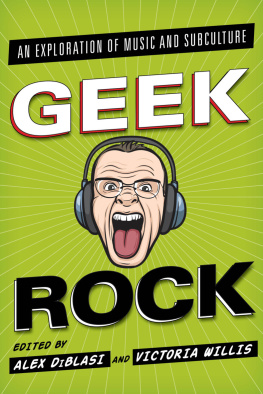

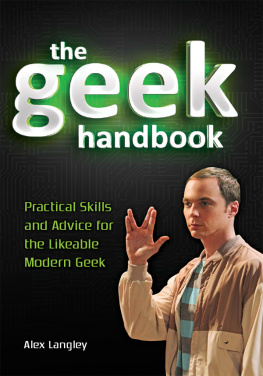
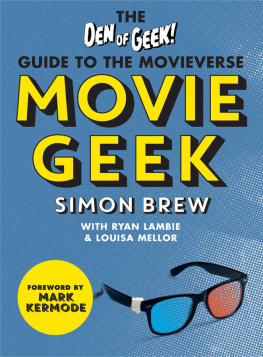
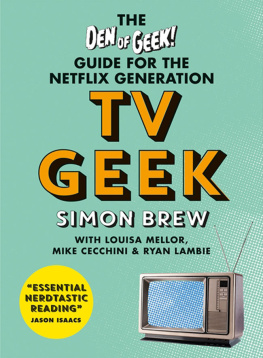
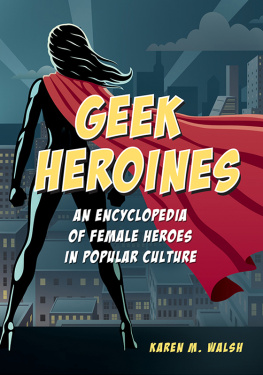
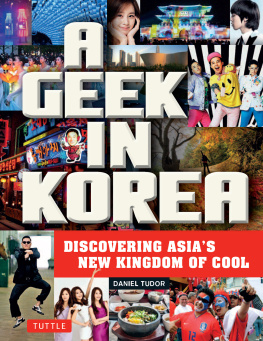
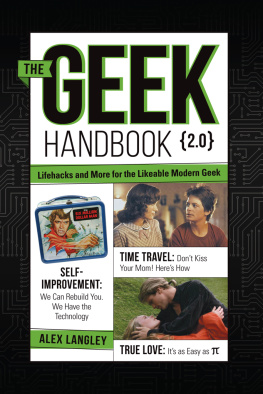

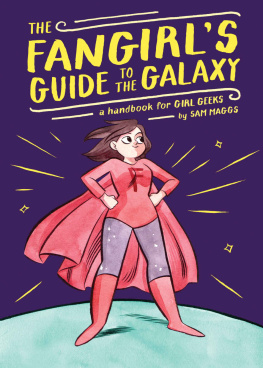
 TM The paper used in this publication meets the minimum requirements of American National Standard for Information Sciences Permanence of Paper for Printed Library Materials, ANSI/NISO Z39.48-1992.
TM The paper used in this publication meets the minimum requirements of American National Standard for Information Sciences Permanence of Paper for Printed Library Materials, ANSI/NISO Z39.48-1992.